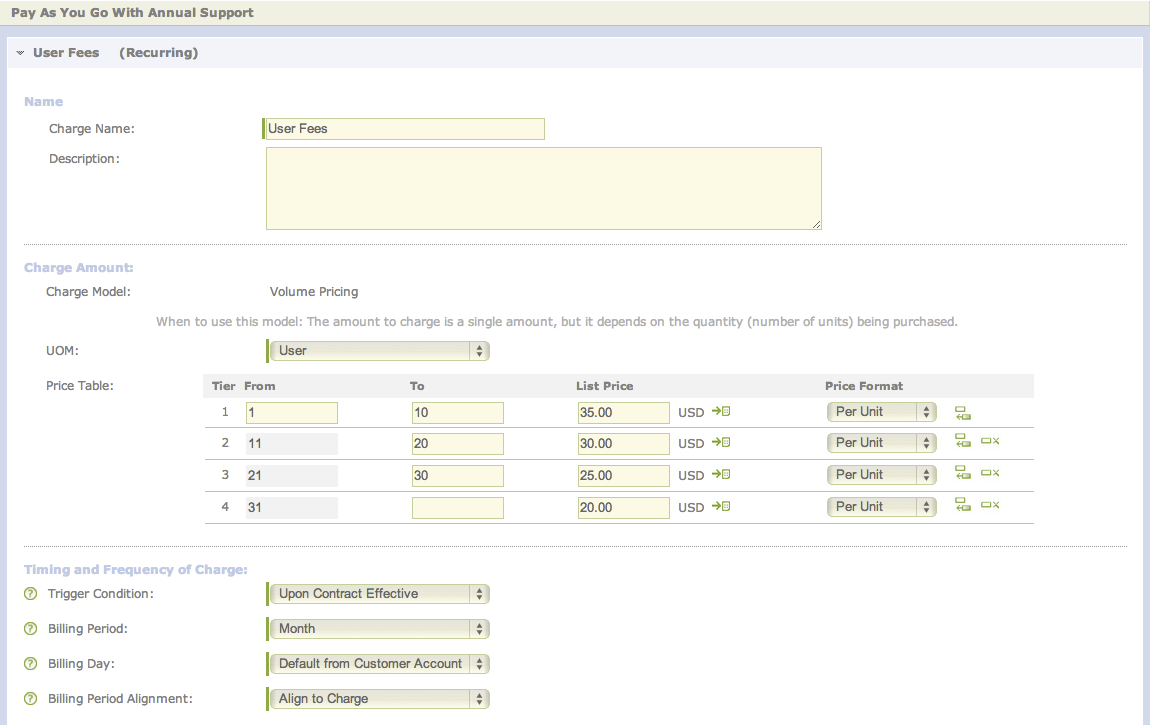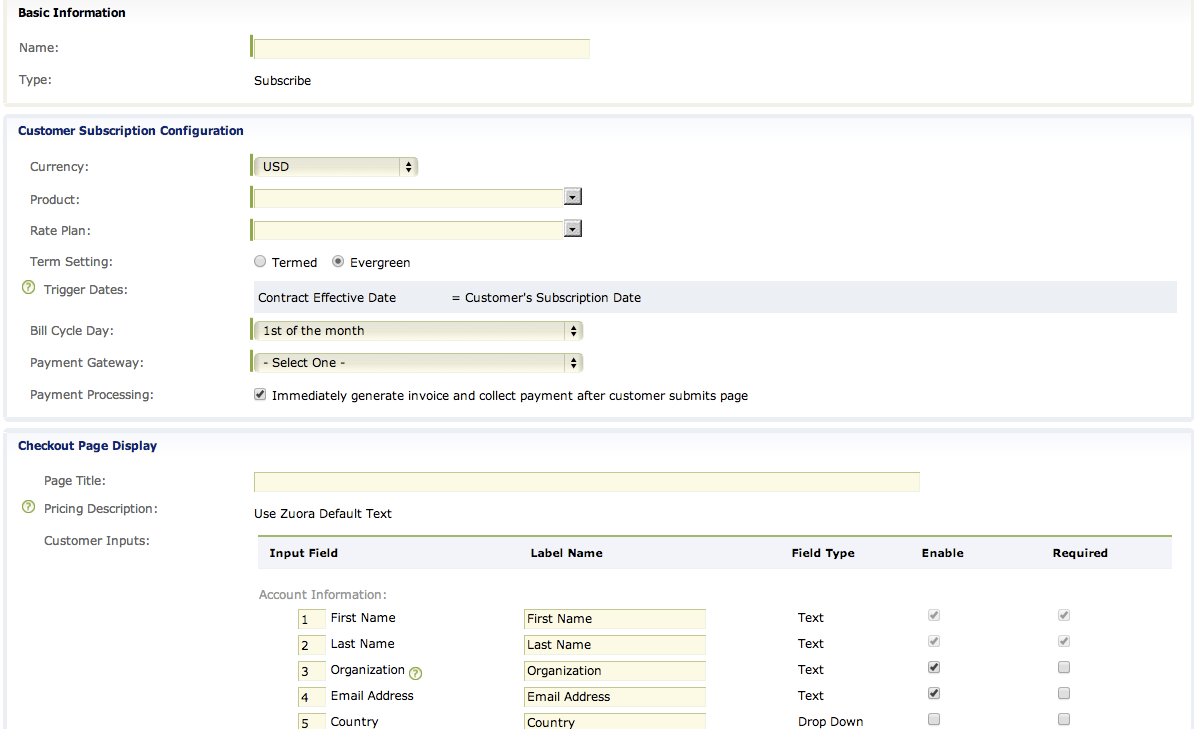Zuora Review – Grow your subscription service and automate your business operations
Forget any preconceived ideas you have about traditional recurring billing and subscription management software. The team behind Zuora has eliminated the challenges that businesses used to face. Now, this well-known solution for subscription commerce, billing, and finance features a user-friendly interface that organizations can use to handle complex billing tasks.
In this Zuora review, I will go into detail about the features that help this recurring billing application stand apart from competitors. Using real world examples, I will explain how businesses in a wide variety of industries could benefit by switching to this soup-to-nuts recurring revenue management solution.
Zuora Review – About the Company
When the team at Zuora set out to create a subscription commerce, billing, and finance solution in 2007, they soon understood they needed to begin from the ground up. The current subscription billing options were often filled with restrictions, making it hard for business owners to set up their pricing plans in ways that fit the services they wanted to offer.
Very often integrated through Salesforce, Zuora has become the go-to billing platform for organizations in the cloud services, communications, media, and healthcare industries. The company is known for its dogged commitment to customer success, as well as the freedom that businesses enjoy to create completely unique subscription billing cycles.
Main Functionality of Zuora
Zuora is not an old billing or ERP solution rebranded and converted to the cloud. Quite the contrary, it is a solution designed and built from the ground up by people who experienced all the pains and frustration of trying to run a modern subscription business from old billing and ERP systems. This is clearly seen in the design of Zuora’s product catalog, where the very idea of a “Product” is completely different – as it well should be to support the ever-evolving ideas of what can be sold on a subscription basis (think shoes, shave clubs and zippy cars).
Zuora designed their catalog in a hierarchical manner; Product Catalog > Products > Rate Plans > Charges – but with all the flexibility at the Charge level, relegating Rate Plans as bundles and Products as categories of those bundles. This may sound obvious, but actually seeing how simple it is to support the Subscription Business Model’s requirement for easy pricing and packaging of anything and for fast, frequent pricing iteration (including multi-currency), really brings to light the elegant, well-thought out design that makes Zuora the essential solution for any subscription business.
Detailed subscription billing practices, like pro-rating and accounting services, are managed on a company’s behalf. Zuora’s finance component, Z-Finance, acts as a sub-ledger and automatically loads detailed invoices, payments, and adjustment transactions into the organization’s existing accounting system. Finance teams can run trial balances and generate summary journal entries.
Plan-based product catalogs, subscription-based life cycles, recurring billing, customer management, and subscription metrics are all included for Zuora users. Zuora snaps right in to existing CRM tools; many of the platform’s most ardent users connect to Zuora through Salesforce. Still, Zuora also offers an intuitive UI that organizations can rely on when they don’t have an existing CRM system in place.
Benefits of Using Zuora
Zuora makes it incredibly easy for companies to create and implement virtually any pricing model. No matter how complex that model may be, Zuora can handle the structuring and implementation. Organizations can rely on Zuora not just to manage their monthly billing plans, but as a resource for customer retention, acquiring new customers, increasing cash flow, and minimizing churn.
Unlike traditional invoicing and billing systems, Zuora is actually a useful tool for businesses that are looking to grow and manage their customer relationships. Product marketing teams can get creative with their pricing and packaging models, without creating undue burden on the company’s finance and marketing teams. Sales teams can use the platform to deal with currencies, taxation, mid-term add-ons, and the impact that subscription changes (like upgrades or cancellations) are having on the bottom line. Meanwhile, finance teams can rely on Zuora to get a better sense of how to monetize, manage, and measure the impact of their customer relationships.
The Basics: What Does the Interface Look Like?
Set up your pricing structure using Zuora’s intuitive UI. Select a charge name and model, then include your own brief description. Zuora gives you room to set your own pricing table, which is useful in tiered pricing models where the charged amount varies as the customer’s volume goes up or down each month.
Setting your pricing structure
Utilize Z-Commerce to create a new checkout page for your company. Enter some basic information, like your company’s name and billing type, along with detailed customer subscription configurations. Not only can you select the currency, product, and rate plan, but you can also select trigger dates, billing cycle days, and payment gateways.
Creating a new checkout page
Support Information
Zuora understands how tricky it can be to set up a subscription billing plan from scratch. With that in mind, the company is incredibly devoted to helping its users succeed. Zuora offers videos, webinars, white papers, and a detailed knowledge base with instructive articles for users with all levels of billing experience. Users can also connect with Zuora’s representatives individually for one-on-one support.
Pricing Information
Understanding that the needs of recurring revenue businesses can vary based on the organization’s size, scale, and stage of growth, Zuora has created multiple pricing plans for its users. The company offers a free trial, after which organizations are encouraged to select from a Growth or Enterprise edition.
Zuora Review – The Bottom Line
Whether you run a recurring revenue business or you’re thinking about launching one in the future, you’d be smart to check out what Zuora has to offer. Using the platform’s billing, ecommerce, and finance tools, organizations can price the way that they want, without worrying about any limitations getting in the way. As the first complete subscription relationship management system on the market, Zuora can help grow any subscription service and manage the process flow. The platform integrates incredibly well with Salesforce and other CRM tools, and marketing and finance teams can easily obtain the metrics they need to continually make smarter business decisions going forward.
Ratings: ease of use 4/5, features 5/5, value 5/5

